The latest episodes of “My Youth” brought a quiet poignancy last week, reminding us why this drama continues to resonate beyond its surface gloss of star-crossed lovers and showbiz intrigue.
Sunwoo Hae (Song Joong Ki) finally steps out of the shadows, ending his self-imposed exile from the cameras and arc lights. For years, he had chosen anonymity after his painful exit from the spotlight as a child star. His decision to return is both surprising and unsettling, and it immediately puts him under the relentless glare of tabloids hungry to rake up his dark past.
At the heart of this turn lies Sung Je Yeon (Chun Woo Hee), Hae’s long-lost first love and now an ambitious talent manager. For her, persuading Sunwoo Hae to appear in a documentary is nothing short of a professional coup. Yet, her triumph feels layered because what looks like a career win also forces him to relive the traumas he has tried so hard to bury.
The latest episodes are bittersweet, weaving together the harsh memories of a childhood, the nostalgia of youthful love, and rekindling of old feelings in adulthood. The show makes you want to root for Sunwoo Hae as he tentatively reclaims pieces of his identity, but there’s also an aching hope that Je Yeon will pause to see beyond her professional ambition and to recognize how much of her worldview has been shaped by the gaze and expectations of others. Here are three moments that defined Song Joong Ki’s character, Sunwoo Hae.
Warning: spoilers from episodes 3-4 ahead!
Still feeling like a prisoner of the spotlight
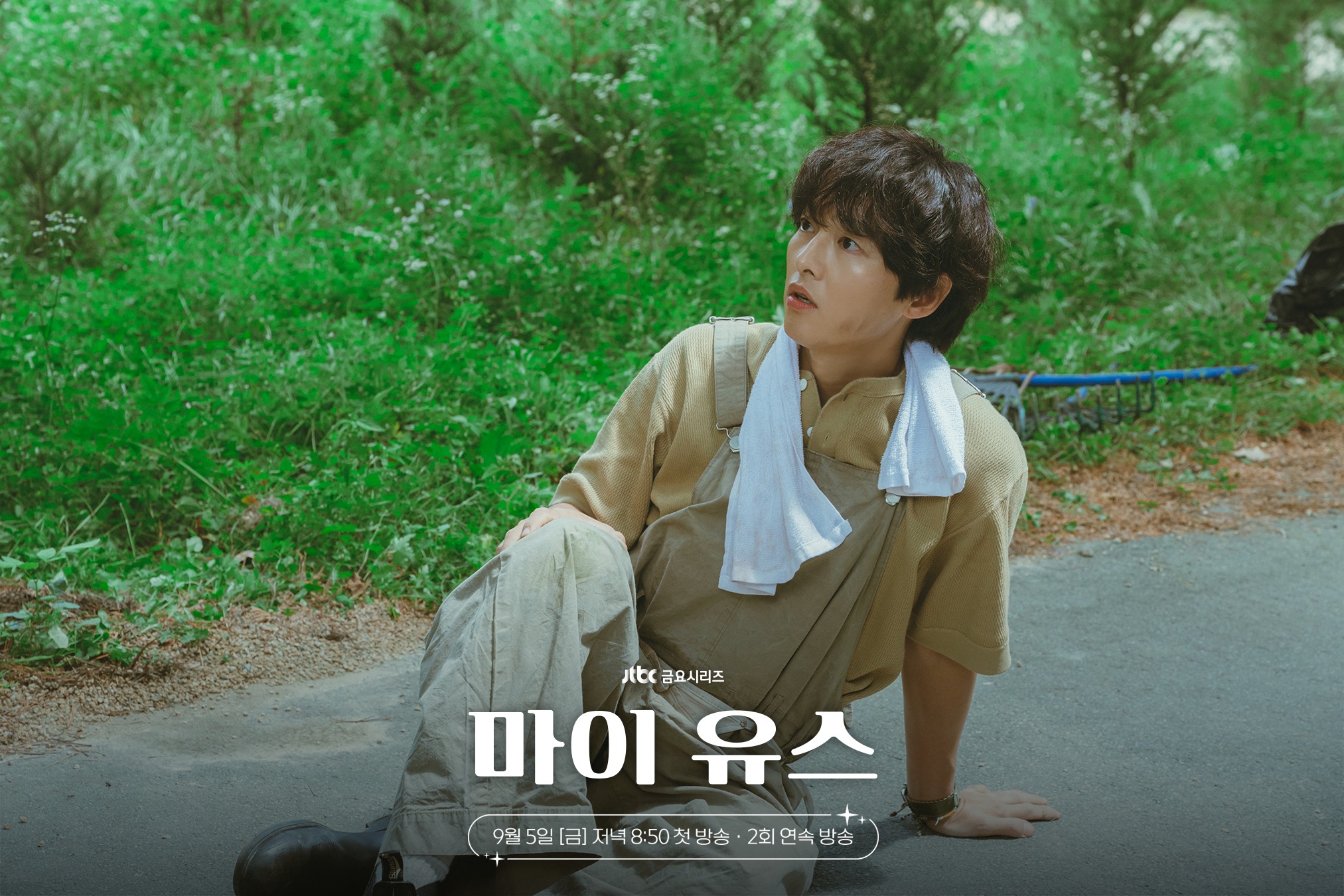
It has been 21 years since Sunwoo Hae last faced the camera. Once celebrated as the “Nation’s Little Brother,” he returns for a documentary alongside Mo Tae Rin (Lee Ju Myoung), his on-screen sister from the sitcom that made them household names. But the moment the lens turns on him, he freezes, as if dragged back into the very life he had tried so hard to escape.
“I was performing even when the cameras stopped rolling,” he recalls. That one sentence lays bare the truth of his childhood: a boy forced to grow up too soon, burdened with responsibilities no child should bear. As the family’s sole provider, his mother pushed him into ill-fitting suits to preserve his image, only to later gamble away his earnings in a failed scheme. Even at her funeral, the media swarmed him for the perfect shot, reducing his grief to a spectacle.
As loan sharks came calling, reel life and real life became indistinguishable. Stardom had promised a halo, but in reality, it was a lonely, punishing road. What shaped Sunwoo Hae, however, was not bitterness but stoicism, an awareness of the world far beyond his years. His story mirrors that of countless child stars whose childhoods are devoured by the spotlight. One cannot help but feel the need to reach out to the little boy, who is growing up between action and cut and is oblivious to what lies in between.
If that’s not all, his father, known to shirk away from responsibility, makes Sunwoo Hae the guardian of his illegitimate child. When Hae asks him to look after the little girl, whom he has adopted as his own, since he is about to be drafted, his father chickens out. The reason is that he doesn’t want his current wife, Kim Pil Do (Jin Kyung), to know that he has a child other than Sunwoo Hae. Pil Do, a talent manager, assumes that the little girl is Sunwoo Hae’s. He is branded as a wayward and irresponsible youth. Sunwoo Hae does not feels the need to correct her as he has learned the hard way that adults will do and think as they do.
Now back in front of the cameras and facing memories long buried, Sunwoo Hae realizes it is time to bring back the lost inner child who only gave and was never allowed to bloom.
Choosing to bloom in anonymity
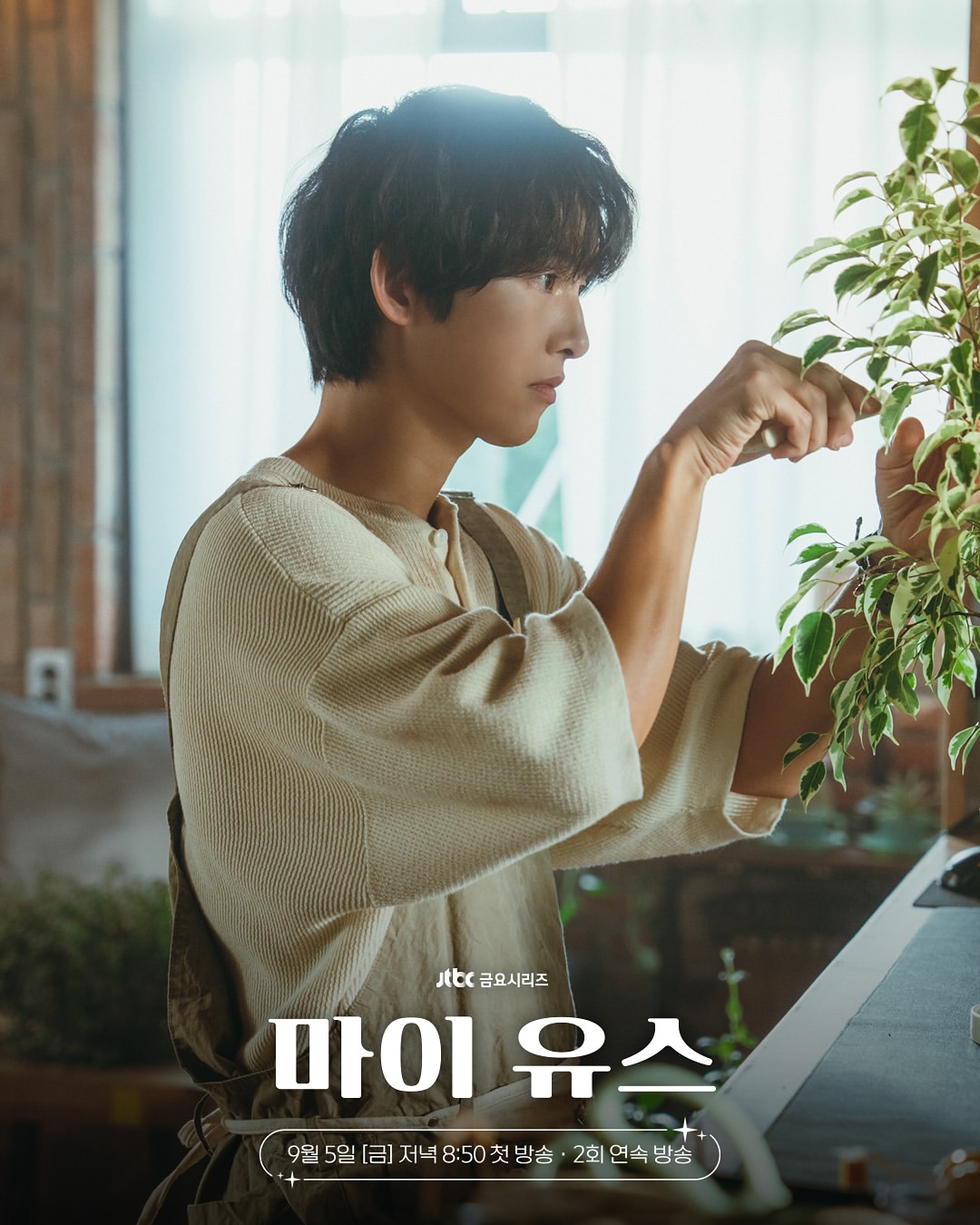
Delivering happiness is how Sunwoo Hae spends his time. He tends withered flowers, coaxing them into bloom, a quiet reminder that even what is damaged can still flourish. His life, tucked away from the spotlight, is a far cry from what could have been as the nation’s most celebrated child star. Instead of chasing fame, he has chosen ordinariness, autonomy, and a life dictated only by his own terms.
So when he agrees to face the camera again, it surprises everyone. He calls it “just another way to make money,” fully aware that tabloids will seize on his past scandals. Yet he remains unmoved, refusing to correct the record or explain himself. His silence and his ability to switch on and off at will is his own quiet assertion of freedom.
Even as the overzealous producers push him to appear friendly with his former co-star Tae Rin and look all happy about returning to the screen, Sunwoo Hae is clear that he cannot force himself into anything, be it on-camera camaraderie or creating a facade. He is raw and natural on screen, a man free of any image. Off camera, however, a different side of him surfaces. He is warm, teasing, and his wry sense of humor is hard to resist. So, it is no surprise that Tae Rin, whose life revolves from one set to another, finds his company comforting and discovers she can be herself. There is lightness in freedom.
Song Joong Ki’s nuanced and natural performance makes Sunwoo Hae endearing and enigmatic.
Taking a risk for love
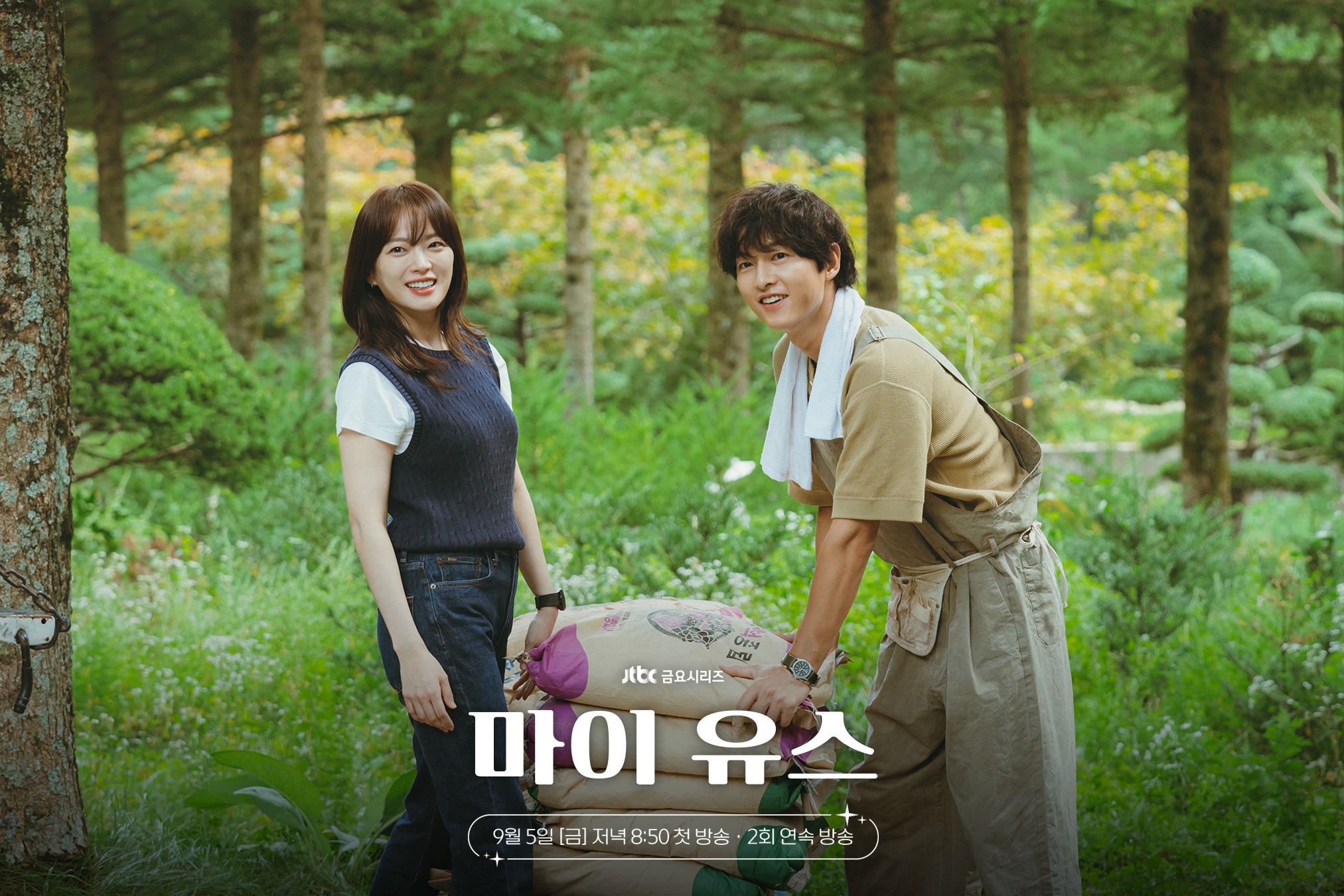
Sunwoo Hae may tell Je Yeon and everyone else that the reason he ended his long exile from drama was for money. But the truth lies elsewhere. Her reappearance not only disrupted his carefully built life of anonymity, it also reignited feelings he thought he had buried. He recalls how, at 19 and already world-weary, the only time he had truly felt alive was when she was around. He had rejected her confession then, believing her dreams and ambitions to be far bigger than anything he could offer.
Now she returns, first pretending not to know him, later bluntly asking him to star in a documentary. For Sunwoo Hae, the chance to spend time with her is worth the risk even if it means putting everything at stake. Though she insists it is business, he sees her quiet guilt whenever his troubles mount because of her.
There are telling moments: the bracelets she gave him still tied around his wrist, his sudden request for a hug, and the way his guard slips in her presence. These aren’t grand gestures but signs of a man who no longer wants to punish himself for the past. Even with debts and fading stardom, he wonders if he can risk his heart again—because what more does he have left to lose?
What follows is a rekindling that feels natural: their sparring, teasing, and easy comfort with each other. And when he finally leans into kiss her, it doesn’t come across as forced drama—it feels inevitable, the culmination of a love that never got a chance to bloom.
Yet one question remains: can Je Yeon shoulder the emotional burden of his past without endangering the one thing she holds most dear, her hard-won success? We can’t wait to see what happens next in “My Youth.”
Start watching “My Youth”:
Hey Soompiers, what do you think of the drama so far? Let us know in the comments below!
Puja Talwar is a Soompi writer with a strong Yoo Yeon Seok and Lee Junho bias. A long time K-drama fan, she loves devising alternate scenarios to the narratives. She has interviewed Lee Min Ho, Gong Yoo, Cha Eun Woo, and Ji Chang Wook to name a few. You can follow her on @puja_talwar7 on Instagram.


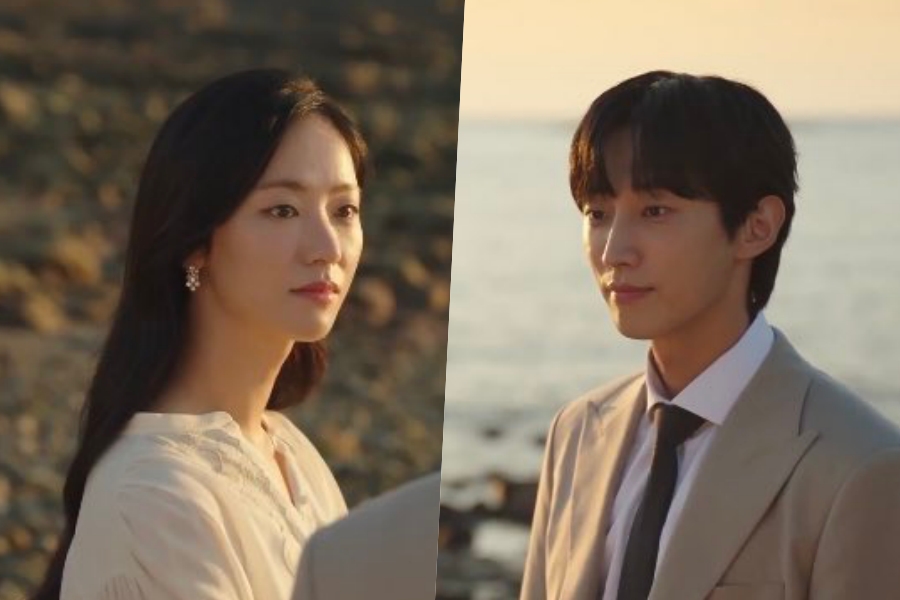
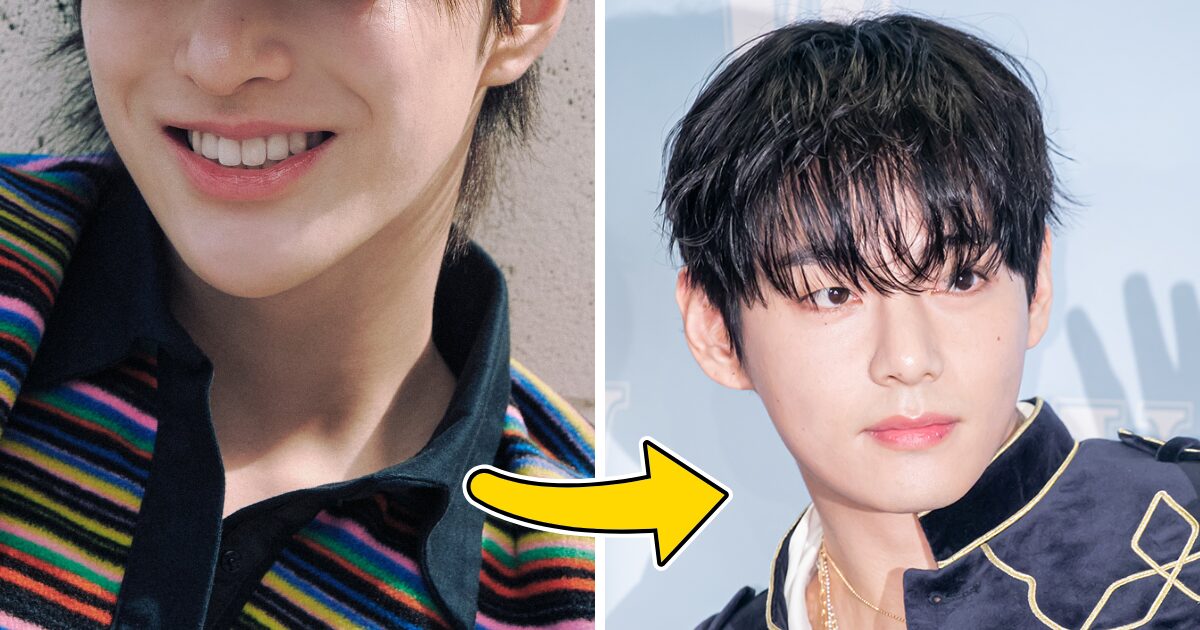
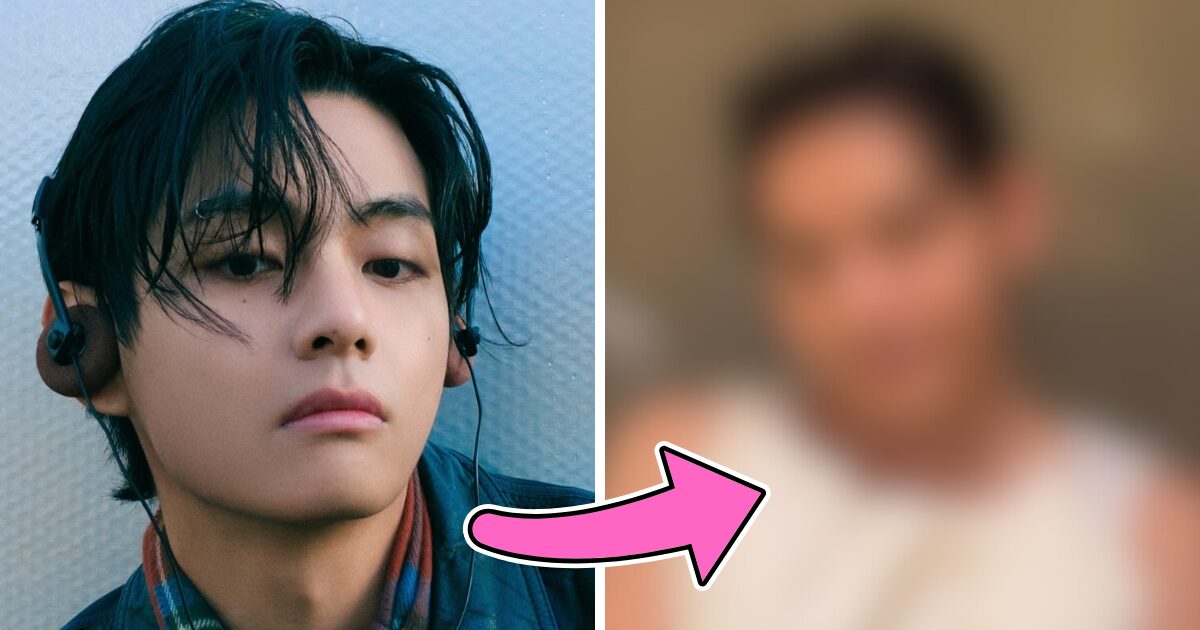




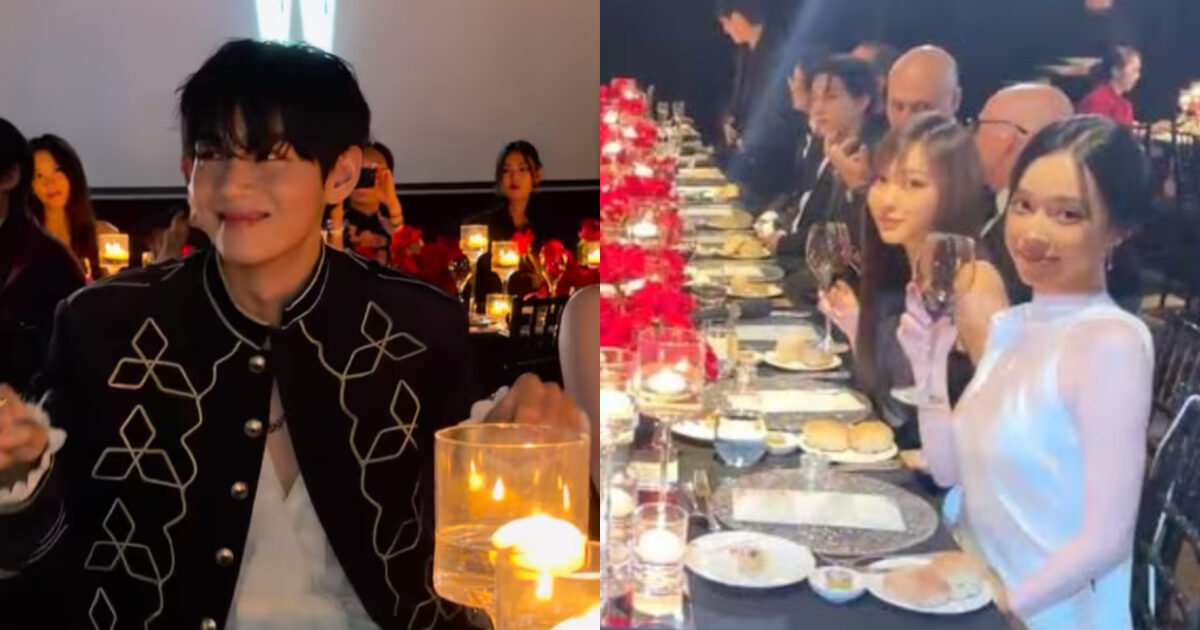
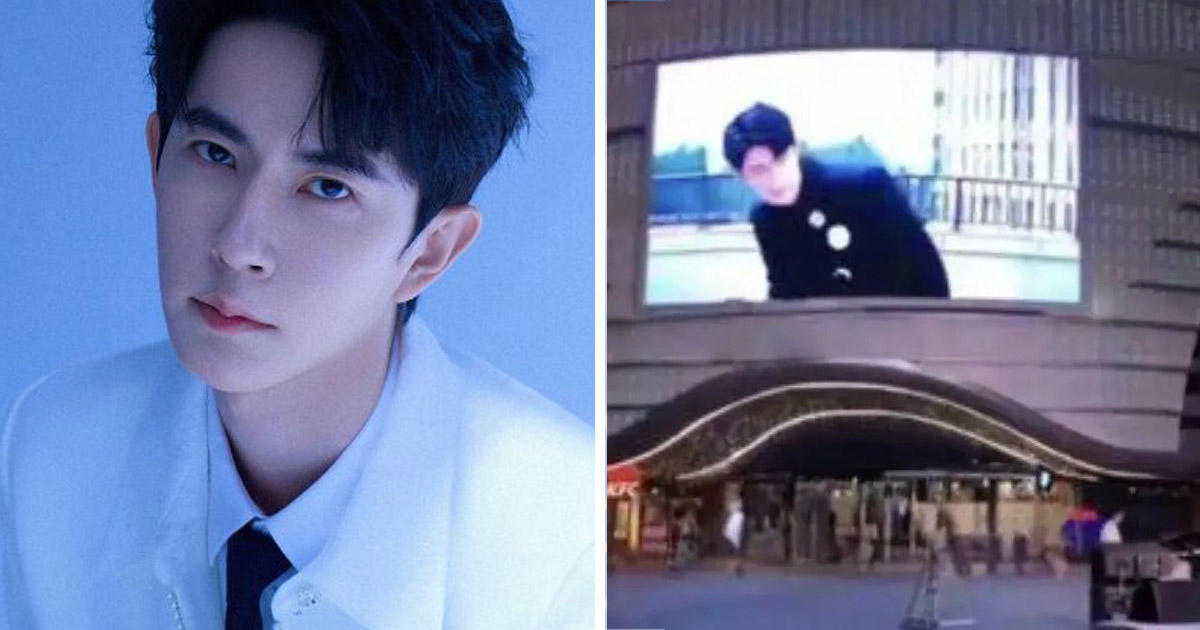


 English (US) ·
English (US) ·